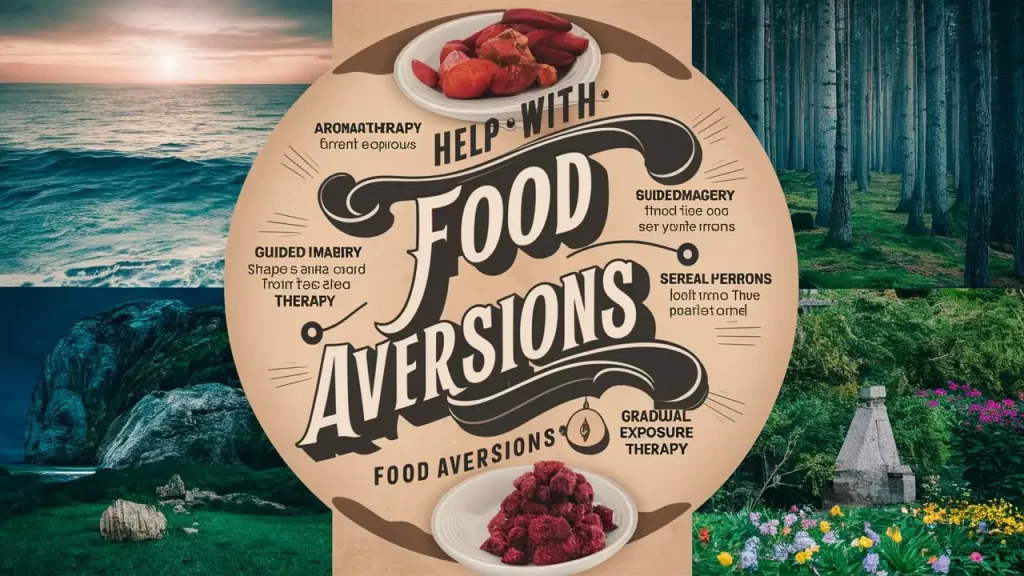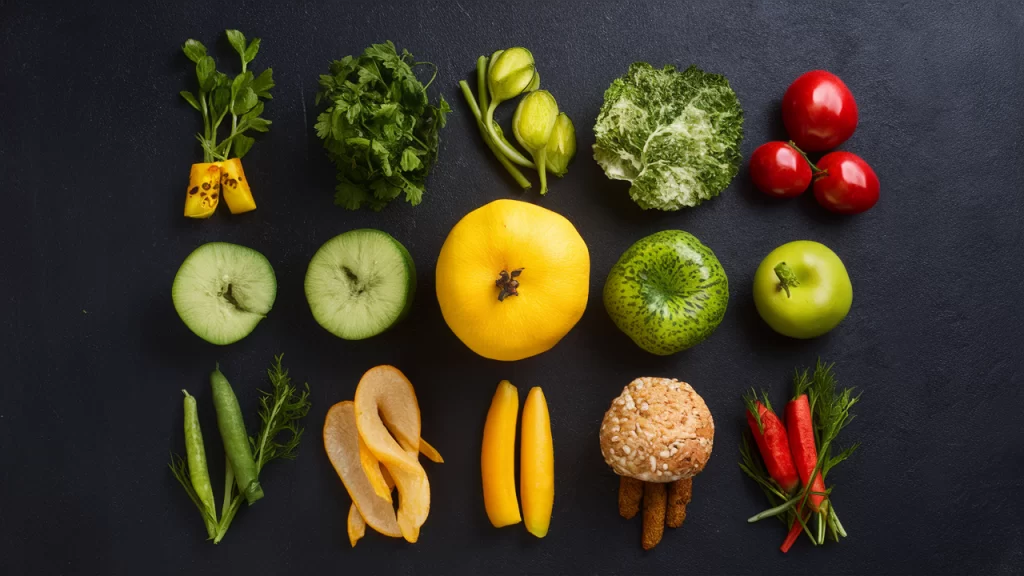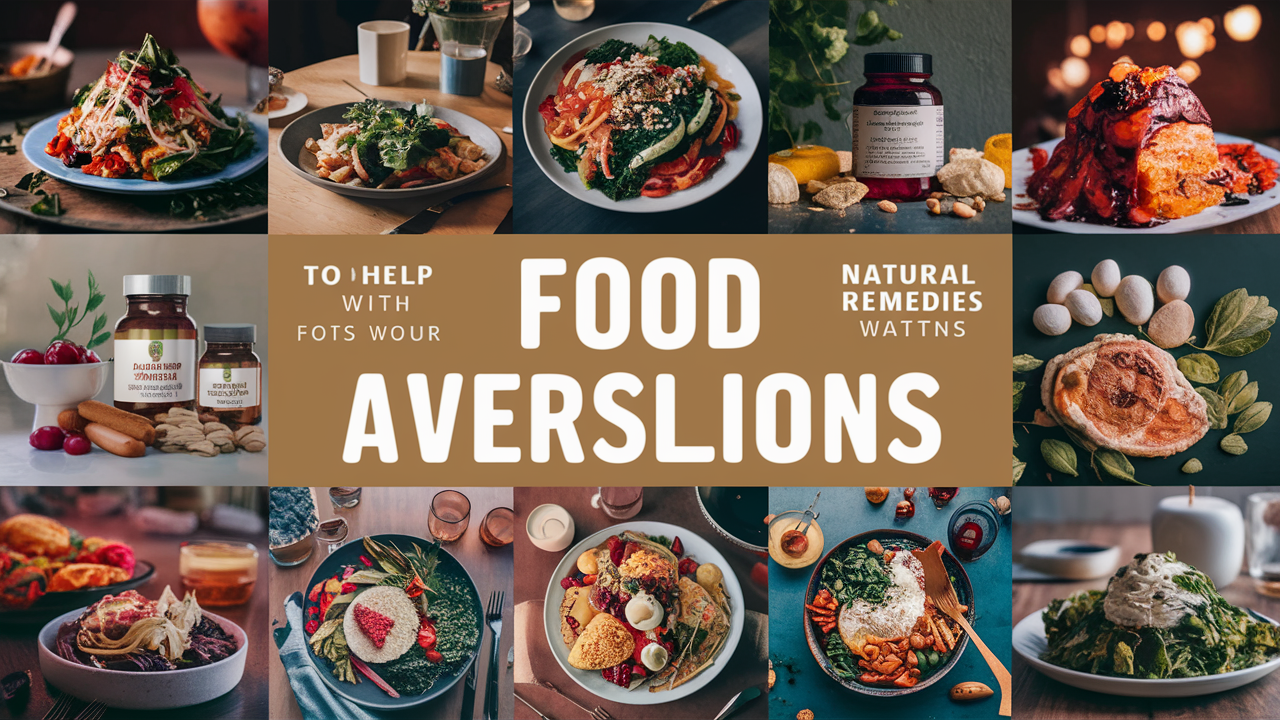What Helps with Food Aversions? Discover Effective Solutions Now!
Dealing with food aversions can be challenging, especially when it impacts your daily nutrition and enjoyment of meals. If you are wondering what helps with food aversions, this article provides valuable insights and practical tips to manage and overcome them.
Understanding Food Aversions

What Are Food Aversions?
Food aversions occur when you have a strong dislike or repulsion toward certain foods. This reaction can be due to taste, smell, texture, or past negative experiences with the food.
Common Causes of Food Aversions
Understanding what helps with food aversions starts with recognizing their causes. Common triggers include:
- Sensory Sensitivities: Strong reactions to the taste, smell, or texture of certain foods.
- Negative Experiences: Bad memories associated with specific foods.
- Medical Conditions: Conditions like pregnancy, chemotherapy, or digestive disorders.
- Psychological Factors: Anxiety or stress related to eating certain foods.
Strategies for Overcoming Food Aversions
Gradual Exposure
One effective method for managing food aversions is gradual exposure. This involves slowly introducing the disliked food in small, manageable amounts.
Steps for Gradual Exposure
- Start Small: Begin with a tiny portion of the food.
- Combine with Favorites: Mix the food with something you enjoy to make it more palatable.
- Increase Gradually: Slowly increase the amount of the food over time.
Desensitization Techniques
Desensitization involves reducing sensitivity to certain foods by repeated exposure under controlled conditions.
How Desensitization Works
- Regular Exposure: Consistently exposing yourself to the food in a non-threatening way.
- Relaxation Techniques: Using deep breathing or mindfulness to stay calm while trying the food.
Cooking and Preparation Methods

Changing the way a food is prepared can significantly impact its acceptability. Different cooking methods can alter the texture and taste, making the food more enjoyable.
Tips for Cooking and Preparation
- Experiment with Recipes: Try different recipes that incorporate the food in a new way.
- Use Spices and Herbs: Enhance the flavor with spices and herbs to make the food more appealing.
- Change Textures: Blend, puree, or cook the food differently to change its texture.
Psychological Approaches

Cognitive Behavioral Therapy (CBT)
CBT can be helpful in addressing food aversions. It involves identifying and changing negative thought patterns related to food.
Benefits of CBT
- Positive Reinforcement: Encouraging positive experiences with food.
- Behavioral Strategies: Developing strategies to cope with anxiety or stress related to eating.
Mindfulness and Relaxation
Practicing mindfulness and relaxation techniques can help reduce anxiety and improve your relationship with food.
How to Practice Mindfulness
- Mindful Eating: Focus on the present moment while eating, paying attention to the taste, texture, and smell of the food.
- Relaxation Exercises: Incorporate deep breathing or meditation before meals to reduce stress.
Seeking Professional Help
Nutritionists and Dietitians
Consulting a nutritionist or dietitian can provide personalized guidance on what helps with food aversions. They can create tailored meal plans and strategies to manage aversions.
Benefits of Professional Guidance
- Personalized Plans: Customized meal plans based on your preferences and nutritional needs.
- Expert Advice: Professional insights on how to incorporate disliked foods in a manageable way.
Therapists and Counselors
Therapists specializing in eating disorders or aversions can help address underlying psychological factors contributing to food aversions.
When to Seek Therapy
- Severe Aversions: When aversions significantly impact your nutrition or quality of life.
- Emotional Distress: If food aversions cause significant anxiety or emotional distress.
Real-Life Success Stories
Overcoming Aversions
Hearing success stories from others who have overcome food aversions can be motivating and provide practical insights.
Example Story
Sarah, a young woman with a strong aversion to vegetables, started with gradual exposure by incorporating small amounts of blended vegetables into her favorite smoothies. Over time, she increased the portions and began enjoying a wider variety of vegetables.
Tips from Success Stories
- Stay Patient: Overcoming food aversions takes time and patience.
- Celebrate Small Wins: Acknowledge and celebrate small progress along the way.
Preventing Food Aversions in Children
Early Introduction of Foods
Introducing a variety of foods early in a child’s life can help prevent food aversions later on. Offering different textures and flavors can make children more adaptable and less likely to develop strong dislikes.
Tips for Parents
- Be Persistent: It might take several tries before a child accepts a new food.
- Make It Fun: Present foods in a fun and appealing way to encourage children to try them.
Positive Food Experiences
Creating positive associations with food can also help prevent aversions. Encourage children to participate in meal preparation and make eating a pleasant experience.
Ways to Create Positive Experiences
- Family Meals: Eating together as a family can make mealtime enjoyable and stress-free.
- Involve Kids in Cooking: Let children help with simple cooking tasks to make them more interested in trying new foods.
Also Read: What Essential Employability Skills Are Gained in Food and Nutrition?
Final Thoughts
Understanding what helps with food aversions involves a combination of strategies, from gradual exposure and desensitization to seeking professional help and using psychological approaches. By exploring these methods, you can find effective ways to manage and overcome your food aversions.
Food aversions can be challenging, but with the right strategies and support, it is possible to improve your relationship with food and enjoy a more varied and nutritious diet. Whether you try new cooking methods, practice mindfulness, or seek professional guidance, there are many ways to address and overcome food aversions.



